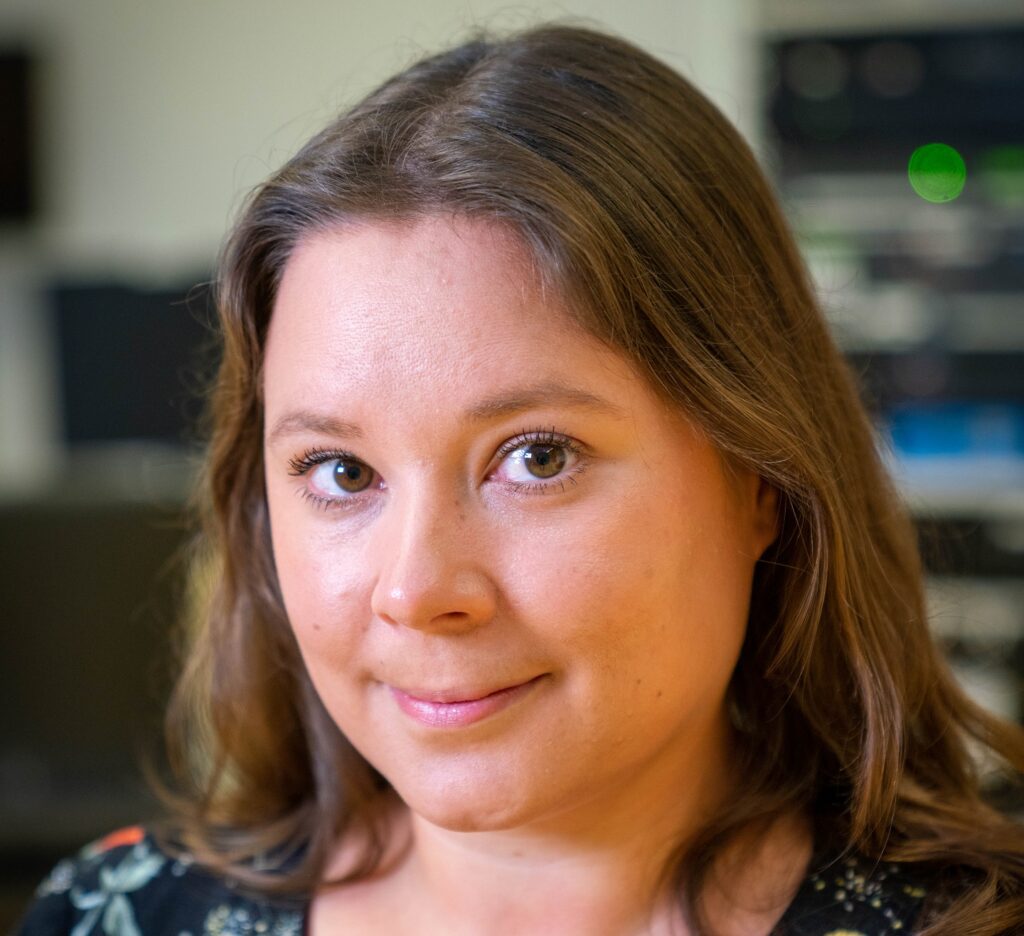We need to consider young parents more at the university
Why are colleagues with young children so often sick? For years, Myrthe Faber didn’t understand it. Until she became a mother herself. She calls on the academic world to take young parents into greater account. ‘Don’t make it harder for them than it already is.’

I have to confess something: in the past – say fifteen, ten, or even five years ago – I didn’t understand why there were special arrangements for parents. I even dare to say that I felt somewhat indignant about it: why should you get an extension for grant applications or evaluations simply because you brought a child into the world? Once your child is born, you just go back to work, right?
In all my naivety, I didn’t grasp the implications of parenthood – of course, I knew that sleepless nights were a thing, but I had no idea of the impact. I thought my colleagues with children were sick remarkably often, but I hadn’t realized that my family would also be struck down with a new virus every other week in the first year. And I certainly didn’t know that breastfeeding requires more energy per day than an hour of running (not to mention the accompanying hormones and disruptions to your day).
Fast forward to three years ago. I spent the first year after my son’s birth in a haze. Mom brain (and more generally, parent brain) is real: the brain adapts to the new role you take on as a parent. Suddenly, I felt a biological drive to be with my child, and for the first time in my adult life, work came second.
This is a guest column by the Tilburg Young Academy (TYA). Each month, a different member of TYA highlights developments in the academic world.
This was also the moment I first realized that the academic world actually takes very little account of parents. Networking events are an excellent example: after a meeting, there is often an informal gathering, usually around five o’clock, where connections are reinforced or formed. A devilish dilemma, because this is precisely the time when, as a parent, you need to go home if you want to see your child that day.
This issue affects all parents in academia. But specifically for mothers – for whom the social pressure to be ‘a good mother’ is extremely high, whose career interruptions are greater due to pregnancy, and for whom the path up the academic ladder is potentially more difficult – the consequences can be significant. I have seen examples around me (yes, even in Tilburg) of young mothers who, due to their temporary absence and reduced availability, were suddenly removed from papers and projects.
Mothers who decide not to breastfeed because, in practice, little consideration is given to the time needed for pumping. And also fathers who fall out of an international network because traveling with young children is not an option. Let’s not make life more difficult for young parents than it already is, and let’s consider this group of young academics when planning simple things like networking events.
Fittingly, I am now about to begin maternity leave for my second child, and I hope to see the effects of this column when I return to work – pumping, with mom brain, exhausted, and recovering from yet another virus.
Myrthe Faber works as an assistant professor in the Department of Cognitive Science and Artificial Intelligence (TSHD). She is also a Research Affiliate at the Donders Centre for Cognitive Neuroimaging at Radboud University Nijmegen. She is the mother of a three-year-old son and expecting a second child.






